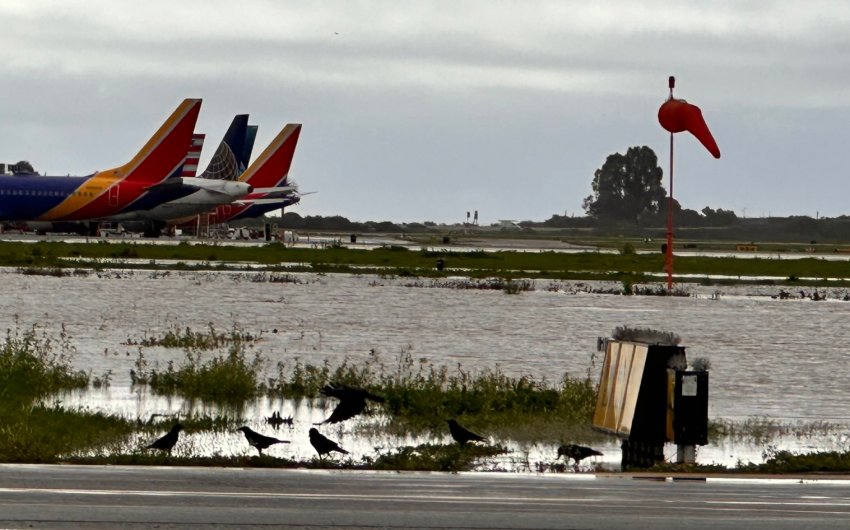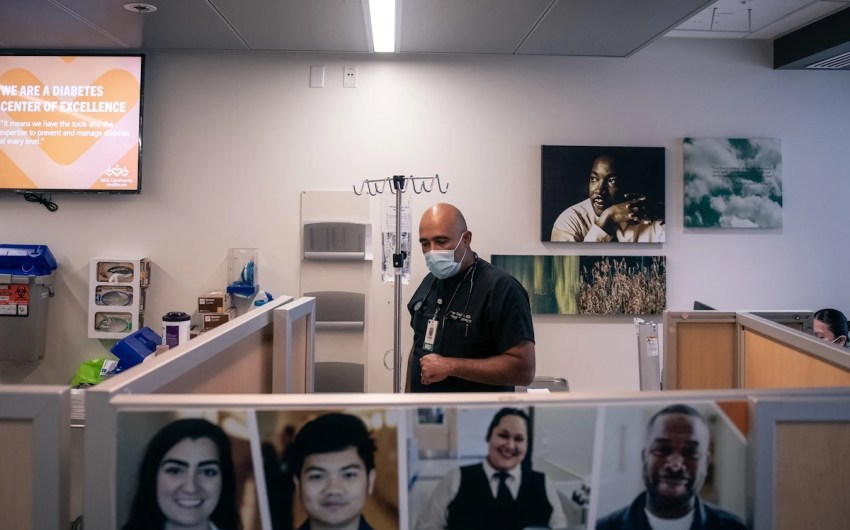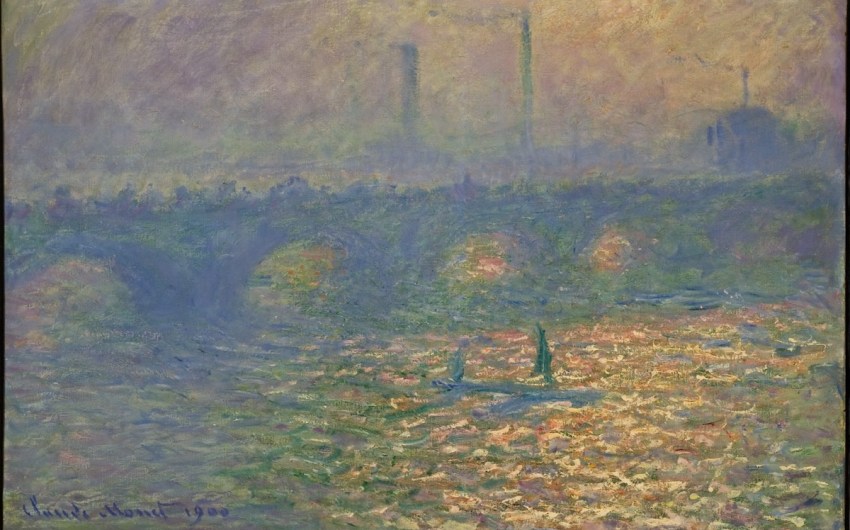Ellwood Marine Terminal to Be Destroyed to Restore Site at UC Santa Barbara for Public Use
Demolition and Restoration Join Hands for Project Involving Bankrupt Oil Company’s Nearly Century-Old Storage Facility

Demolition and restoration will converge at the Ellwood Marine Terminal (EMT) on UC Santa Barbara’s north campus in a project starting later this month. In the process, a bankrupt oil company’s rusting storage facility will be destroyed to revive the site’s historic landscape.
Appropriately titled the Ellwood Marine Terminal Demolition and Restoration Project, it will begin by ripping out the old oil infrastructure, including tanks, pipes, and buildings, that transformed the 20-acre site back in 1929 — revealing a panoramic view extending from the coastline and surf at Sands Beach through the dunes, Devereux Slough and Santa Ynez mountains.
The vision also involves restoring the historic high point leveled by the installation of oil tanks and reintroducing native habitats like grasses, wetlands, scrub, woodland, and coastal dunes for wildlife and community enjoyment.
Several oil companies, including Venoco Oil, operated at the EMT before UCSB decided to terminate the lease, which expired in 2016. Oil from platform Holly was piped to a nearby facility and then to Ellwood for pumping onto offshore tankers.
Venoco was the last operator, but the company went bankrupt in 2017, soon after the site was decommissioned. As a result, it abandoned cleanup efforts, leading to the county and other environmental regulators directing UCSB to remove the oil storage tanks and clean up the site.
However, after extensive negotiations, one of the former operators, ExxonMobil, agreed to work with UCSB and share the cost of the cleanup and any contamination associated with the EMT’s operation — expected to reach several million dollars.
“We’ve basically been working for the last eight years to figure out how we could restore this area,” said Lisa Stratton, the EMT project lead and director of ecosystem management for UCSB’s Cheadle Center for Biodiversity and Ecological Restoration since 2005.
Public use is the end goal for the EMT — including gathering areas, overlooks with benches or blinds for bird watching, interpretive signage, and a variety of trails. With that in mind, community guidance for the site’s design, which also aims to “honor Native Nations’ heritage,” is a driving force behind the project.
“We thought that this would be an amazing opportunity to engage with the Chumash,” Stratton explained. “We’re asking, ‘What might be their ongoing relationship with the area?’”
Public engagement began in March, including tours and surveys, to incorporate perspectives from the Chumash community, neighbors, birders, students, and other interested users. However, public participation will be encouraged throughout the process.
Demolition and remediation, beginning on July 29, is anticipated to take at least eight months. Restoration will begin simultaneously in areas surrounding the facility, and will continue for up to five years of active restoration. Public access features such as trails, overlooks and signage will require additional funding and may be installed in 2026.
The project — led by the Cheadle Center with funding and support from the California State Coastal Conservancy and the Wildlife Conservation Board —- follows the Cheadle Center’s restoration of North Campus Open Space, and its long-term management and ongoing restoration of Coal Oil Point Reserve.
“This preserving-the-coast process, and restoring the coastal terrace at Ellwood-Devereux, is one of the last pieces on the UCSB campus to be restored and protected as part of that area,” Stratton said. “It’s just kind of helping to realize all these community benefits that were initiated by grassroots groups, and carried forward with county and city agencies trying to fulfill these visions.”
A community roundtable is planned for the end of July, as well as individual meetings with Chumash leaders. In early September, a public webinar will take place to further engage the community, alongside other surveys to collect public input.
Anyone interested should email ncos@ccber.ucsb.edu for more information. To access the public survey, visit here.











